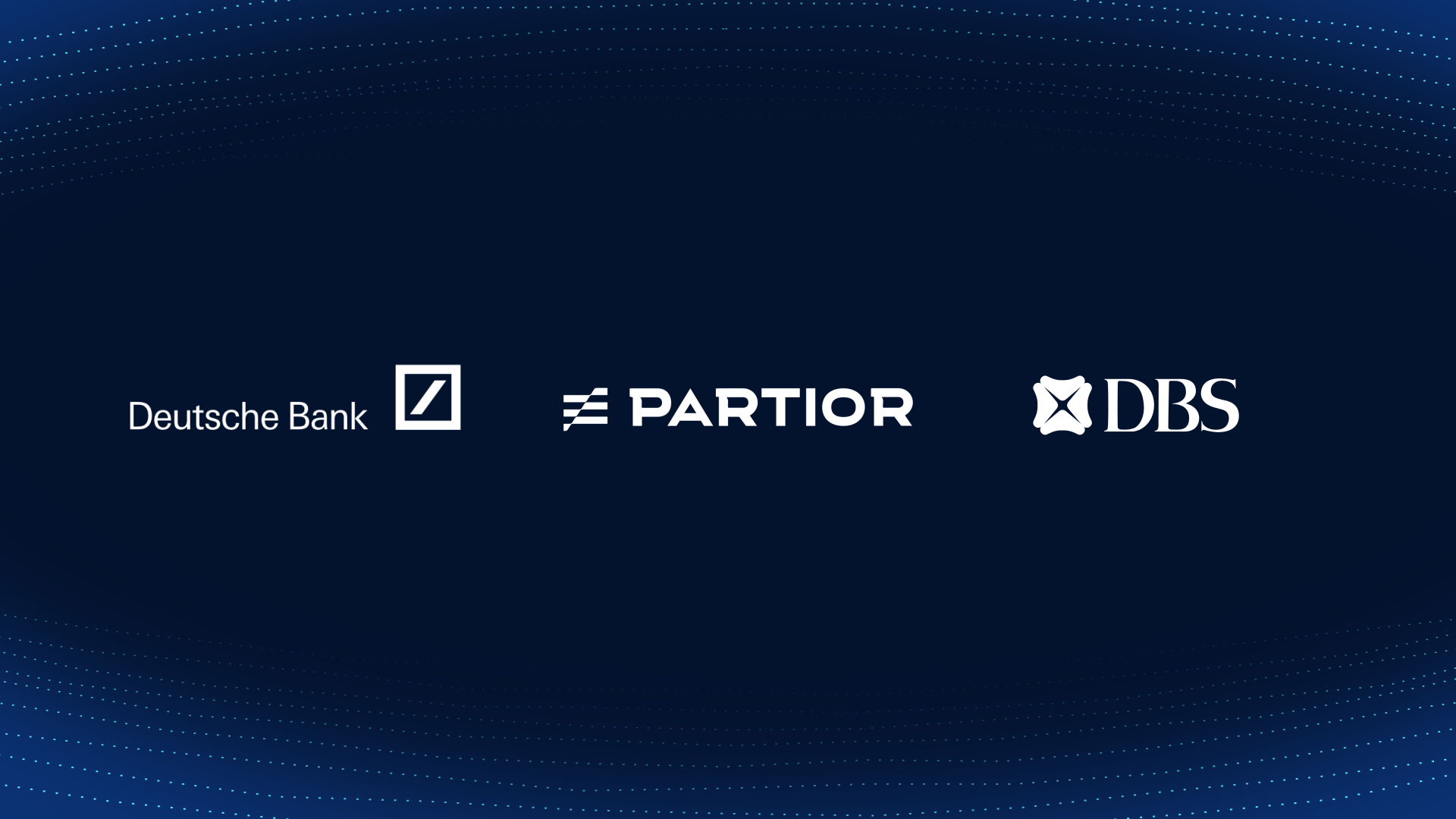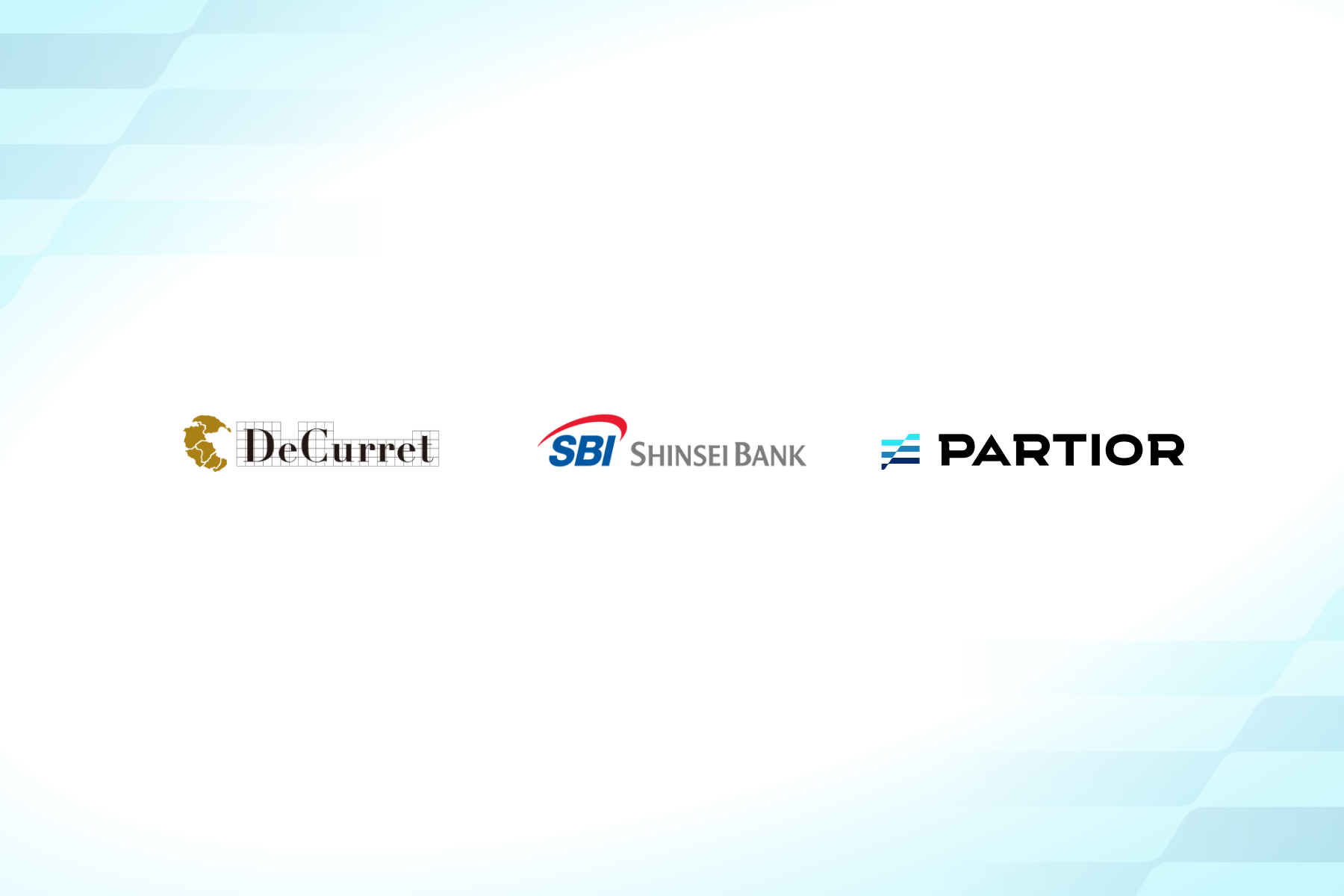Fintechs: From Backseat Drivers to Architects of Asia's Cross-Border Transformation
By Angie Ong, General Counsel and Head of Policy at Partior
The dynamic landscape of cross-border transactions in Asia is continually evolving, driven by innovation in cross-border transactions. However, a pressing question remains: Why are we still witnessing only ripples when we should be riding waves of transformative change?
The answer lies in a stark reality: fintechs, the architects of financial innovation, are often sidelined in crucial discussions. Meanwhile, traditional financial institutions, many mired in legacy systems, are unintentionally becoming roadblocks to progress. This is not merely a speed bump – it is a significant barrier to the future of finance in Asia.
The crux of the problem is that fintechs are often denied their rightful seat at the table. Despite leading the charge in technological advancements, they're often relegated to the role of consultants rather than co-creators. While fintechs are called upon to offer feedback on industry challenges or respond to proposals, they are rarely invited to shape core innovation strategies that drive commercial viability and sustainability. This exclusion poses a risk to Asia's financial future.
The full potential of what fintechs can offer remains obscured, locked away behind closed boardroom doors where their voices are glaringly absent. Fintechs possess the expertise and innovation necessary to drive significant change and have made significant headway in areas such as digital payments, blockchain technology, and RegTech, proving they are more than capable of taking on leadership roles rather than being confined to a consultant position.
Challenging the Challenger: The Transformation Imperative for Banks and FIs
Advancements in blockchain technology has lowered entry barriers, allowing fintechs to compete alongside the incumbents. These agile startups are quickly capturing market share from traditional banks, whose legacy systems often result in a slowness to adapt.
Traditional banks and fintechs are often seen as competitors in the evolving landscape of financial services, but the reality is that their collaboration can lead to a more robust and inclusive financial ecosystem. The endgame isn't about fintechs replacing banks – it's about creating a new financial ecosystem where both entities not only coexist but thrive together.
Fintechs enhance traditional banking by offering innovative solutions that address longstanding issues such as slow transactions and a lack of transparency. More importantly, they're democratising access to financial services, creating value in ways traditional banks have struggled to achieve. On the other hand, traditional banks can harness the agility and innovation of fintechs while providing their own established trust and regulatory expertise. This can lead to the development of new products and services that cater to diverse customer needs, creating a more comprehensive and accessible financial landscape.
The path forward lies in forging strategic private-public alliances that leverage the strengths of both. Together, they can create a future where financial services are not only efficient and innovative but also inclusive and equitable for everyone.
Dancing the Regulation-Innovation Tango
Today, the global financial ecosystem stands at a crossroads, necessitating a delicate balance between fostering innovation and ensuring stability. To achieve this equilibrium, closer collaboration between fintechs and traditional players is essential. A secure ecosystem that promotes sustainable innovation and growth will unlock the full potential of this dynamic partnership. However, innovation without appropriate guardrails can also introduce blindspots related to security, privacy, and fraud. On the other hand, overly restrictive regulation can stifle creativity and impede progress toward a more efficient financial system.
To navigate this delicate balance, fintechs are developing infrastructural solutions that imbue confidence in emerging technologies for wholesale and institutional adoption in Asia and beyond. Partior for example, addresses the operational inefficiencies that plague traditional systems by supporting both digital and non-digital asset and currency networks. Its multifaceted and blockchain-enabled network not only enables a newer and more efficient way of moving value across borders but also establishes a new global standard that can harmonise different financial messaging standards. This interoperability enhances speed and unlocks greater value within the clearing and settlement infrastructure.
Building Bridges, Connecting Asia: The Golden Trifecta
By fostering an atmosphere of transparency and flexibility, the industry can keep pace with technological advancements more effectively. Ultimately, achieving harmony in Asia's cross-border payment ecosystem requires active engagement from all stakeholders. The collaboration among fintechs, traditional banks, and regulators is essential for addressing current challenges and reshaping the future of financial transactions. This synergistic approach will unlock the potential for seamless cross-border payments, positioning the industry to tackle both present and future challenges effectively.







